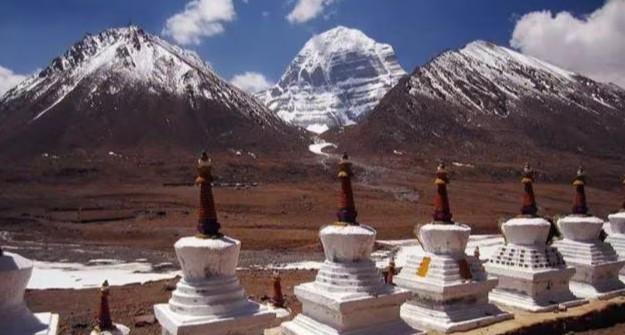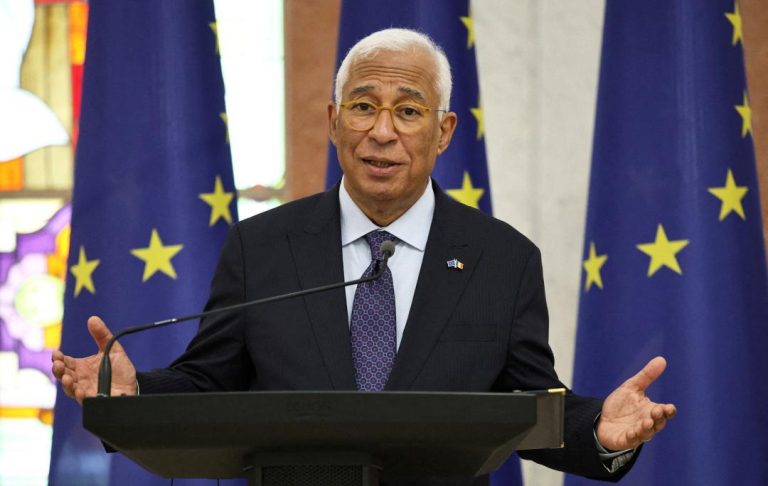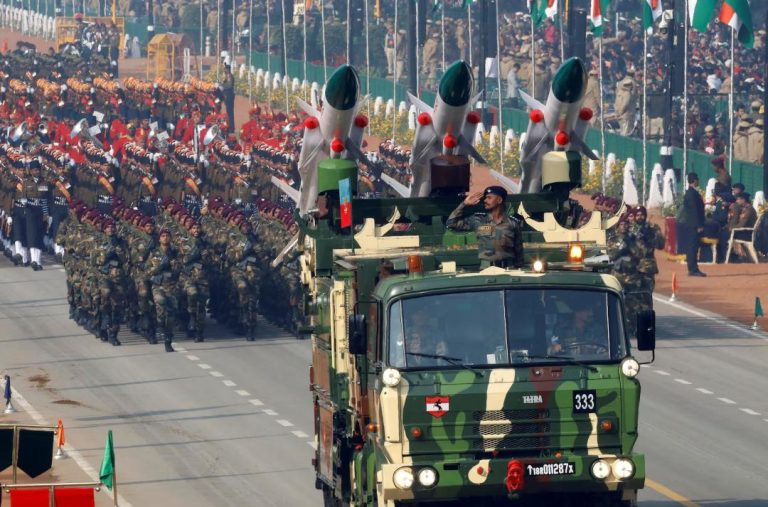
India, China Allow Indian Pilgrims to Visit Tibet
After a two-year hiatus, India and China have agreed to resume the Kailash Mansarovar Yatra, a sacred pilgrimage for millions of Indians. The yatra, which involves a journey to the revered Mount Kailash and Lake Mansarovar in Tibet, will recommence this summer, as per an agreement between the two nations. This development comes as a significant step forward in fostering cultural and people-to-people exchanges between India and China.
The decision to resume the pilgrimage was announced by Chinese Foreign Ministry Spokesperson Guo Jiakun, who termed the Indian pilgrimage to Mt Kailash and Manasarovar as an important part of the cultural and people-to-people exchanges between the two countries. This news has been met with widespread enthusiasm and relief among the Indian pilgrims, who have been eagerly awaiting the opportunity to undertake this sacred journey.
The Kailash Mansarovar Yatra is a grueling but deeply revered pilgrimage that involves traversing treacherous mountain roads and high-altitude passes. The journey typically takes around 15-20 days to complete and is undertaken by thousands of Indian pilgrims every year. The yatra is considered a once-in-a-lifetime experience for many Indians, who believe that a visit to Mt Kailash and Lake Manasarovar can bring them spiritual enlightenment and wash away their sins.
The pilgrimage was suspended in 2020 due to the COVID-19 pandemic, which had a significant impact on international travel and tourism. However, with the gradual easing of travel restrictions and the reopening of borders, India and China have now agreed to resume the yatra.
The resumption of the Kailash Mansarovar Yatra is seen as a significant step forward in improving bilateral relations between India and China. The two nations have been engaged in a series of diplomatic efforts to strengthen their ties, which were strained in recent years due to a border standoff in the Galwan Valley.
The yatra is not only significant from a spiritual perspective but also has strong cultural and economic implications. The pilgrimage generates significant revenue for the local economies of both India and Tibet, and it also helps to promote people-to-people exchanges between the two nations.
The Indian government has been working closely with the Chinese authorities to ensure a smooth and safe passage for the pilgrims. The government has set up a special agency, the Kailash Mansarovar Yatra Scheme, to facilitate the pilgrimage and ensure that pilgrims have a comfortable and hassle-free journey.
The Kailash Mansarovar Yatra is not only a spiritual journey but also a test of endurance and physical stamina. Pilgrims must be in good physical health and must undergo rigorous training before embarking on the journey. The yatra is also a significant challenge for the organizers, who must contend with harsh weather conditions, high-altitude sickness, and logistical challenges.
The resumption of the Kailash Mansarovar Yatra is a welcome development for Indian pilgrims, who have been eagerly awaiting the opportunity to undertake this sacred journey. The yatra is a symbol of cultural and spiritual exchange between India and China, and its resumption is a significant step forward in strengthening bilateral relations between the two nations.
As India and China continue to work together to strengthen their ties, the Kailash Mansarovar Yatra is likely to play an important role in promoting people-to-people exchanges and cultural understanding between the two nations. The yatra is a powerful symbol of the strong cultural and spiritual ties that exist between India and China, and its resumption is a significant step forward in promoting peace and harmony between the two nations.






